Search
Popular Searches
Popular Searches

(time to add 100km range, assuming 20kWh/100km energy use)

Many EV drivers moved to electric to reduce polution so want to power their car with renewable energy. While this can be possible from the grid, the most cost is where home solar help as not only is the power renewable but it's effectively free.
AGL offers solar enabled ev home chargers so that you can manage when and how your excess solar power is used.
Some car manufacturers will sell car-specific home chargers or have a dedicated public charging network, which is helpful with the current car you're purchasing but it's always helpful to keep one eye on the future.
Each of AGL's home chargers are compatible across all late model EVs which means you can change cars without the worry of how you will charge the new one.
Charging with a standard 2.4kW plug socket is a common choice as it doesn't require purchasing the charger unit but this may be a false economy.
Many electricity providers provide off-peak rates for a set amount of time during the night. A home charger can not only be set to charge during these hours but the as they are faster, you can
Further to these running costs, there are depreciation and resale costs to consider as well. A car decreases in value every year and when it's time to sell, there's a risk you may not get the price you were hoping for.
Drivers that are new to EVs are often focused on public charging availability but this can be seen as a hangover from petrol powered driving.
The average Australian drives 240km per week, so with a growing number of EVs having a 400km+ range, you may only need to charge once a week or simply top up the 30kms used each night.
The other consideration is that public chargers, in particular the superfast chargers, can reduce the lifespan of the battery through the excess heat generated during charging. It's recommended to use these options sparingly.
Ready for convenient charging?
Tell us a few details, and one of our EV experts will give you a call.

AGL recognises the Aboriginal and Torres Strait Islander peoples as the Traditional Owners of the lands on which we work, and we acknowledge those communities' continuing connections to their lands, waters and cultures. We pay our respects to their Elders past, present and emerging.